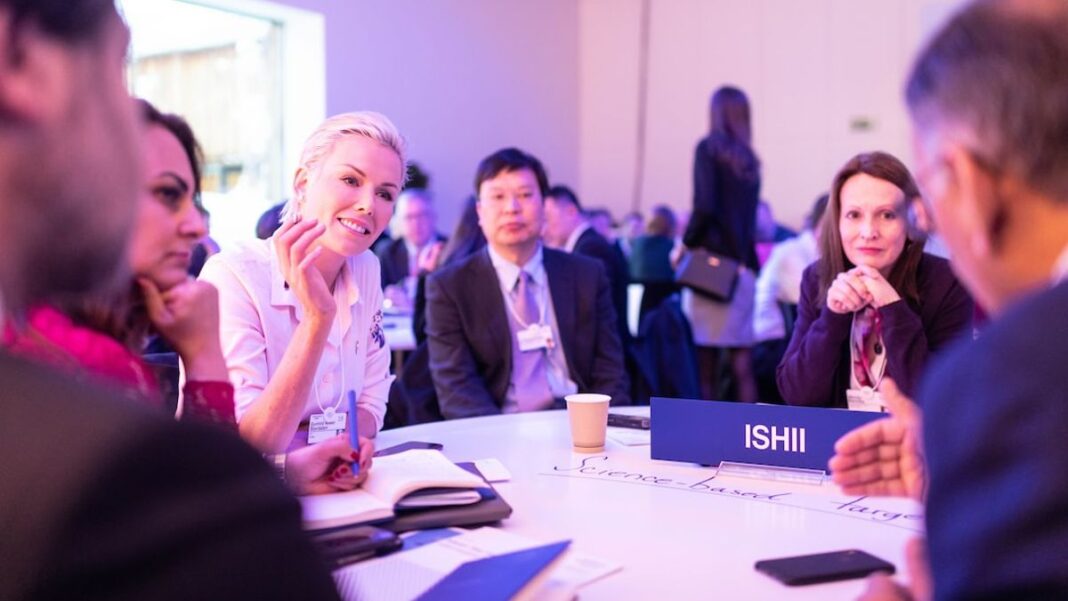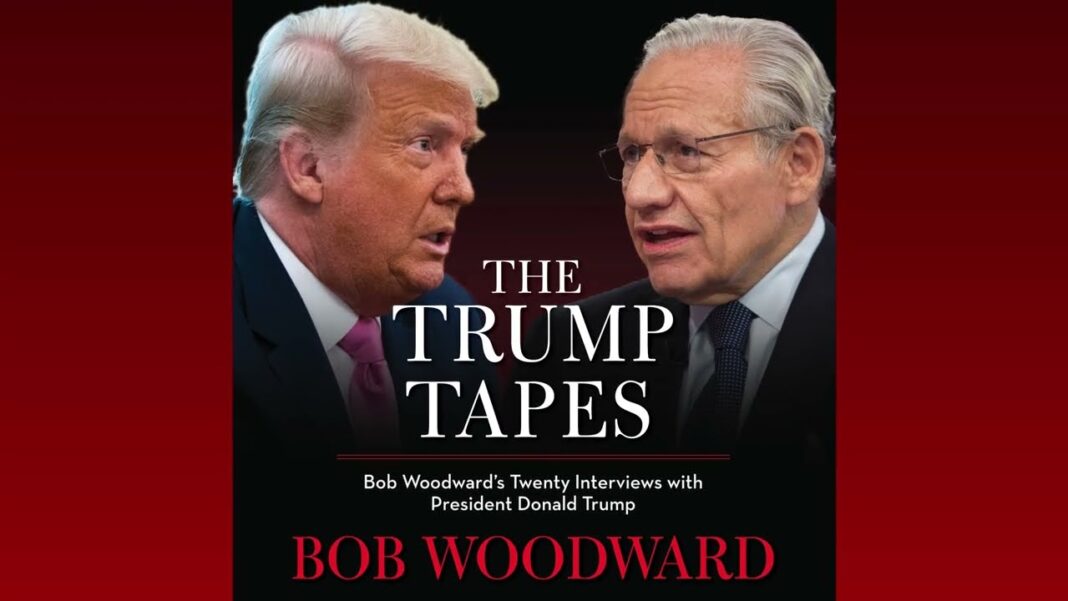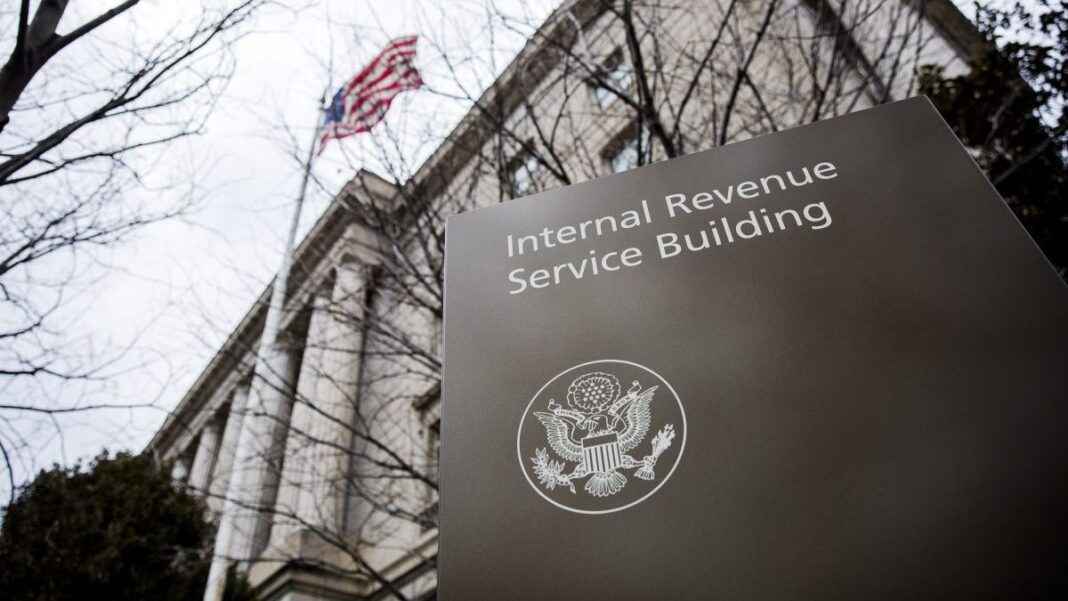
Academic institutions’ projects and simulations of hypothetical scenarios involving foreign and national CBDCs in partnership with major banks might shed light on future developments.
If there is one aspect to hypothetical scenarios simulated by leading academic institutions, it is the fair probability that these “scenarios” will come to pass.
Here is a reminder from the not-so-distant past.
In October 2019, the Johns Hopkins Center for Health Security (JHCHS) partnered with the World Economic Forum and the Bill and Melinda Gates Foundation, and hosted Event 201—a tabletop exercise focused on responding “to a hypothetical, but scientifically plausible, pandemic.”
Fast forward three months, and the World Health Organization declared a global health emergency following the reported outbreak of a coronavirus. So eerily striking was the simulation that JHCHS eventually released a statement following numerous reports about Event 201 in relation to the “COVID-19 pandemic.”
The statement was arguably an attempt to appease curious, perhaps suspicious minds that JHCHS “did not make a prediction during our tabletop exercise. For the scenario, we modeled a fictional coronavirus pandemic, but we explicitly stated that it was not a prediction.”
Well, of course.
Then in May 2022, the mainstream news became paralyzed over the global outbreak of the monkeypox virus, albeit briefly. Interestingly—but perhaps unsurprisingly—a biosecurity conference by the U.S. Nuclear Threat Initiative in partnership with Munich Security Conference had held a simulation the year before about a “global pandemic involving an unusual strain of monkeypox”—starting May 2022.
Thus, when the likes of Harvard Kennedy School, Massachusetts Institute of Technology (MIT) and the Federal Reserve Bank of Boston start running “exercises,” “simulations,” or “projects” about the usage and impact of central bank digital currencies (CBDCs), it’s probably a good idea to pay attention.
Perhaps even assume there’s a good chance that CBDCs are just around the corner—in the not-so-distant future.
MIT and Boston Fed completed CBDC project
n December 2022, Boston Fed updated its website with a new post: a joint research effort with MIT Digital Currency Initiative into the “technical feasibility” of a hypothetical and potentially real CBDC had been finalized.
According to Boston Fed Executive Vice President Jim Cunha, this effort, known as “Project Hamilton,” was “agnostic” from the very beginning in relation to “any future policy decisions regarding new technologies and U.S. currency.”
Project Hamilton was named for central bank “Founding Father” Alexander Hamilton and pioneering MIT and Apollo Mission computer scientist Margaret Hamilton. Having initially commenced in 2020, the project “focused on better understanding the capabilities and limitations of different technologies that might be used to manage and transfer CBDCs,” according to Cunha.
Research progress is openly published
During its exploratory phase in February 2022, Project Hamilton published research on a CBDC transaction processor developed as an open-source software coined “OpenCBDC.” The director of MIT Digital Currency Initiative, Neha Narula, commented:
“The OpenCBDC codebase that resulted from this successful collaboration provides a credible and unbiased resource to evaluate design choices and ensure that a potential future CBDC could serve the public’s interest.”
Indeed, international contributors are being encouraged to continue developing OpenCBDC. Boston Fed Assistant Vice President Bob Bench said the team “wanted a better understanding of how money could work in the future,” and that Project Hamilton helped “the greater public, which relies upon fast, accessible, and safe money.”
As open-source software, OpenCBDC is free for anyone with an Internet connection to download. The software, which would serve as a CBDC transaction processor, is “a core processing engine for money that focuses on security, performance, scalability, and flexibility,” providing a codebase that supports 1.84 million transactions per second and completes transactions in less than a second.
Such transparency in openly sharing project research might satisfy the curious-minded and reduce suspicions of a “secret cabal” scheming behind closed doors, especially among those less trusting of government, banking and leading academic institutions.
Stay tuned for the release of further research
Researchers at the Boston Fed and MIT said they plan to release additional retrospectives on Project Hamilton’s findings. Narula said that “the project gave researchers a strong foundation for understanding the policy and technology choices that arise in the context of a CBDC.” She went on to say:
“Our collaboration with central banks such as the Boston Fed is at the heart of [Digital Currency Initiative’s] DCI’s ongoing mission to serve as a neutral convener of governments, academics, open-source communities, and the private sector. We hope that this collaborative, open-source research effort is a model for researchers from academia and the public sector to build on as we explore the future of money.”
Although the Federal Reserve Banks are not a part of the federal government, they exist because of an act of Congress. Thus, Boston Fed’s collaboration with MIT as a private institution reflects the ongoing partnerships between government or independent government agencies, academia and the corporate sector to develop schemes that align with national or international plans.
Indeed, let us not forget that the Federal Reserve Bank of New York announced a 12-week proof of concept (PoC) program in November 2022, having partnered with major financial companies to explore how digital U.S. dollars might improve financial settlements, including participation from central banks, commercial banks and regulated non-banks. Although the PoC is conducted in a test environment using only simulated dollars, several central banks worldwide are exploring retail CBDCs for use by businesses and the general public.
So while MIT has been running Project Hamilton to test the practicality of CBDCs for everyday Americans, the Harvard Kennedy School has been running a simulation to explore the impact of foreign CBDCs on U.S. national security.
Harvard simulation explores threats of foreign CBDCs
Picture the following scene. The year is 2021, and North Korea has just tested a missile that analysts believe could deliver a nuclear warhead to the continental United States within a year. Thus, the president calls upon the National Security Council to assess threats to U.S. national security and formulate responses. However, a major challenge is that North Korea’s nuclear capabilities are funded using Chinese CBDC, which U.S. authorities cannot track.
That is, according to the details of a simulation hosted by the Economic Diplomacy Initiative and co-sponsored by the Belfer Center for Science and International Affairs at Harvard Kennedy School, published in November 2019.
Indeed, the simulation facilitated a “policy discussion” on the role of foreign CBDCs and their potential threat to U.S. dominance, thus rendering current economic sanctions applied to North Korea ineffective.
Although the simulation was hypothetical, it is based on real-world initiatives like “China’s efforts to launch a digital yuan and Facebook’s proposed Libra coin,” and explores the potential impact on “the ability of the U.S. to implement sanctions, monitor illicit activities, and uphold data privacy standards.”
While the Federal Reserve has “made no decisions on whether to pursue” a U.S.-issued CBDC, and while the Federal Reserve banks of port cities have been steamrolling CBDC exercises in partnership with academia and financial institutions, such simulations also project concern about the effects of foreign CBDCs used by nations perceived as hostile to U.S. national security.
The fundamental nature of money is changing
Narula, who played the role of the “Digital Currency Czar,” remarked that “the fundamental nature of money is changing.” She outlined potential scenarios, including U.S. adversaries using cryptocurrency and cyberattacks on national banks and the Society for Worldwide Interbank Financial Telecommunication (SWIFT) banking network.
Lawrence Summers, President Emeritus of Harvard University, played “Secretary of the Treasury.” He noted in relation to the impact of the digital yuan currency, “I wish I had better news. Fundamentally, our ability to sanction North Korea in a devastating way depends upon China’s cooperation.”
All in all, any perceived foreign threat might provide an excellent reason—sorry, an excuse—for authorities to justify greater scrutiny of financial transactions and increased centralization of government power.
Maintaining U.S. national security justifies CBDCs
“The competitiveness of the U.S. dollar is a matter of national security,” Narula commented at the Harvard Kennedy School simulation.
The Belfer Center Director, Ash Carter, who played “Secretary of Defense,” agreed. “We can’t let stand the Chinese using this currency issue as a way of making inroads into what has traditionally been a strength of ours,” he added, remarking how China is becoming increasingly proactive with economic engagements in Asia and Africa. “We have to counter it in some way.”
The discussion revolved around the perception that the “Chinese have created a problem” for the United States through their digital yuan currency, thus stripping away U.S. leverage with sanctions.
And, of course, every perceived problem demands a solution, if not by the government, then definitely by the governed.
“We should be creating a digital currency,” argued the “Director of National Intelligence” performed by Jennifer Fowler. She is the director at Brunswick Group, a U.K. critical issues firm that advises leading global companies and their stakeholders.
“There is a financial technology revolution taking place, and we are about to miss it,” agreed the “Ambassador to China,” played by Richard Verma. He is the vice chairman and partner at the Asia Group, a D.C. strategic and business advisory firm.
“My recommendation,” Verma added, “Is we not try to quash this effort, but that we get on board.”
Ah. What a great reason, excuse or justification to offer the American people—that a threat posed by China’s untraceable CBDCs is precisely why America needs to develop its own digital currency to counter perceived U.S. adversaries’ efforts.
“We need a strategy to resuscitate U.S. financial prowess,” concluded the “National Security Adviser” played by Eric Rosenbach, Belfer Center Co-Director, who was on the verge of calling the president as the simulation came to an end.
Whatever that strategy is to “resuscitate U.S. financial prowess,” chances are it will involve introducing CBDCs to the masses with a compelling sales pitch.
Such simulations, if nothing else, offer a glimpse into potential future developments; thus, we could assume that the justification and mainstreaming of CBDCs is on the horizon in the not-so-distant future.
Remember, what started as frantically purchasing excess toilet rolls for millions of Americans in early 2020 quickly transitioned to authoritarian government-issued lockdowns and coerced masking, and inoculations.
Perhaps, this time round, let us keep a cool head, remain poised and stay well ahead of a potential game plan.






